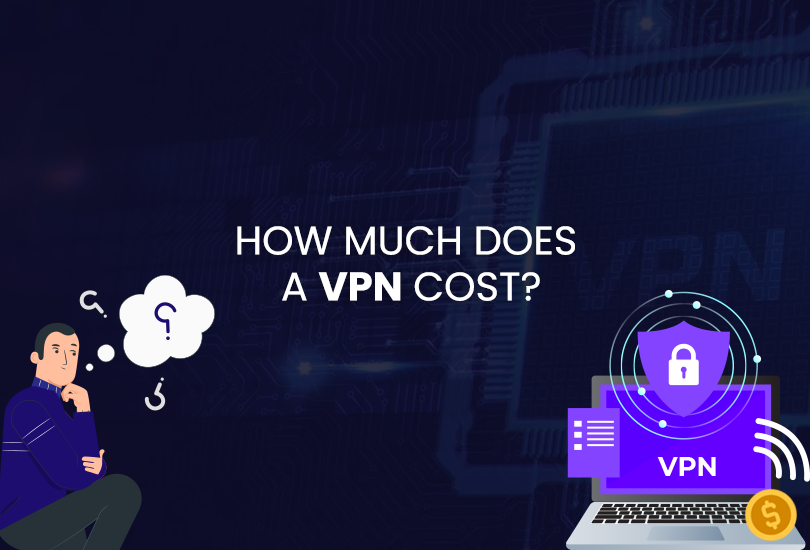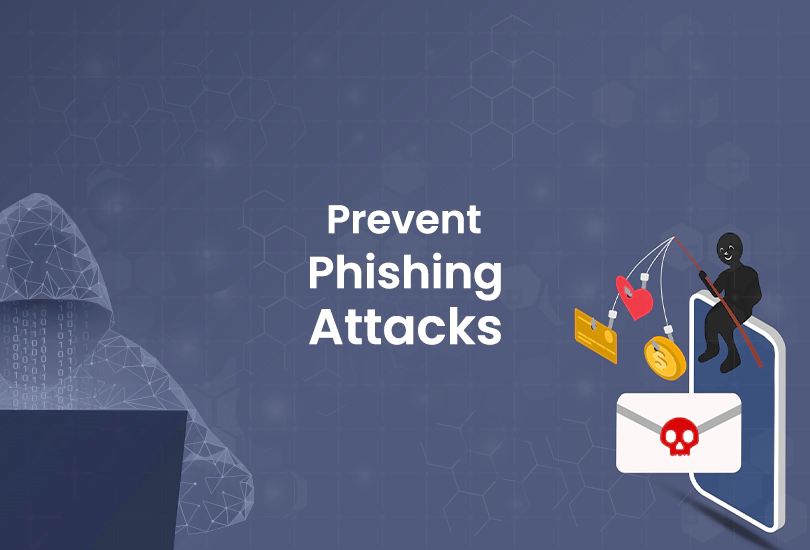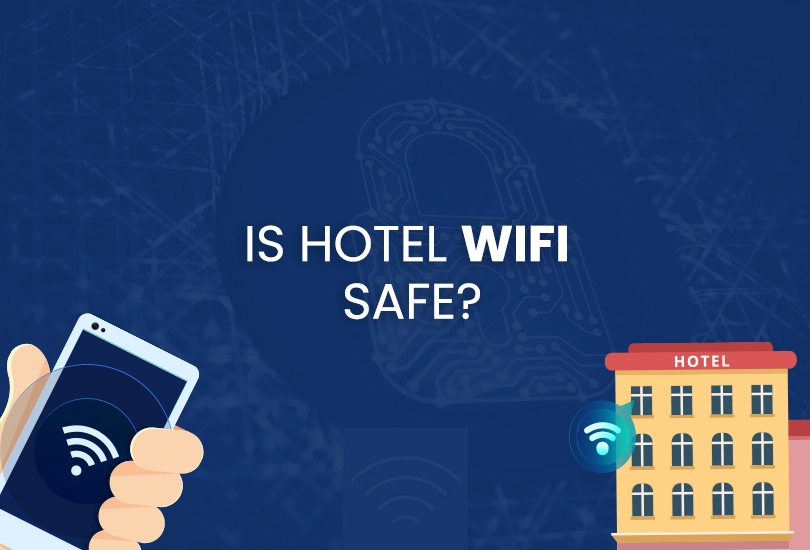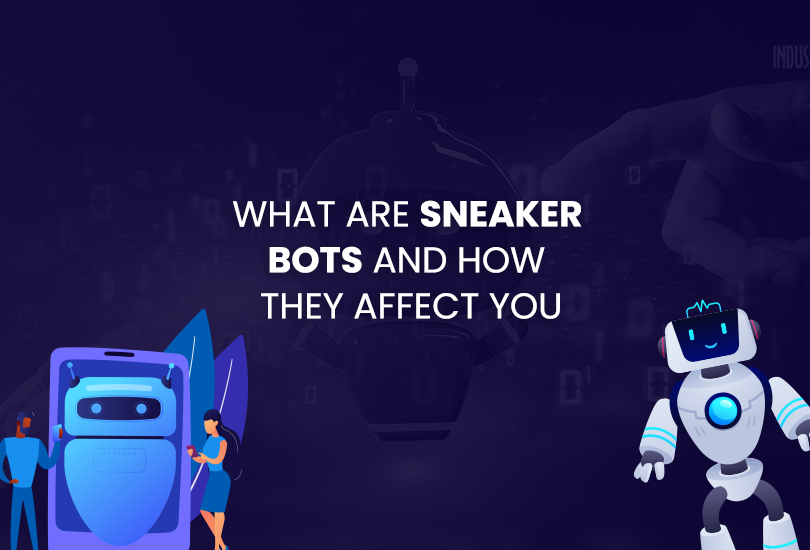We usually believe that the information we share anonymously is safe. For instance, if you acquire a cheap service from a company that sells data to third parties, it might seem usual because the data you have shared is anonymous and couldn’t reveal your identity, right?
But this is not the case.
Because it is quite possible to de-anonymize anonymous data, it will expose your sensitive information to any individual or third party. You must be thinking about how it is possible to crack data that is already anonymous and doesn’t contain any information. We will help you comprehend it.
But before that, let us briefly review what anonymous data is.
What is Anonymous Data?
Anonymous data doesn’t contain any information about your identity. Generally, it is considered that an anonymous person cannot reveal any sensitive information like your home address, cell phone number, or credit card information.
Hence, to ensure anonymity, many organizations or companies de-identify your data while removing information that can reveal your identity.
You must be thinking, why do these companies anonymize your data? They anonymize your data and share or disseminate any information to individuals, third parties, or even within the organization.
Do you know that the dissemination of anonymized data is permissible even by the EU’s GDPR?
Many believe that anonymous data cannot reveal anything about your identity. But that’s not true. Anonymized data can be used to link back with you; all it requires is a process that is known as de-anonymized.
What is De-Anonymization?
De-anonymization, also known as re-identification, is a data mining technique that uses cross-referencing to identify or trace back the source of anonymous data. Although it seems quite challenging to trace back the real identity of your data source with having few unknown data chunks, it’s not that hard! Rather, it requires few data points to lead to the actual authority to whom data belongs.
In 2006, two researchers from the University of Texas managed to de-anonymize Netflix users by cross-referencing their movie ratings at the Internet movie database. Later, Netflix replaced their users’ names with numbers. Still, it didn’t bring any significant impact as the data researchers could not drive information while comparing timestamps and the data available on IMDb.
The following also indicates that if these professors can de-anonymize, it won’t be difficult for data snoopers and hackers to find your identity using anonymous information.
How to Prevent De-Anonymization?
Hackers and Cybercriminals seem to have stepped forward! What enables them to develop a new plan consistently and to invade our privacy is none but the vulnerabilities in our security systems. This means that the anonymization tools we use every day won’t be compatible enough to protect our privacy in the future.
If you want to acquire the ultimate privacy and security solution for your online infrastructure, search for secure and private browsers and anti-malware protections.
No powerful tool can protect your privacy if you ignore it.
So before downloading any app or software, check out their privacy policy page. Although it requires a few minutes to go through their privacy page, one shouldn’t compromise their privacy over time.
How to Increase Your Web Anonymity?
Although you cannot stay completely anonymous over the internet! However, there are some ways that you can uphold to improve your online anonymity.
Don’t Share Your Personal Information
Whether it is our personal or professional life, we primarily depend on the internet for almost everything we do. Unfortunately, it cannot complete your online actions without inserting some of the required data.
Follow these safety instructions to implement digital safety:
- Minimize the impact while using some legitimate online privacy tools.
- Delete any social media accounts that aren’t in your use anymore.
- Avoid using your personal information like email address, phone number, home address, gender, date of birth, or financial information.
Some social media accounts require your cell phone number and email address, which helps them ensure two-factor authentication. In this case, we suggest you create a separate email address that you won’t be using for your personal or professional use.
Go Through the Privacy Policy
Before signing up for any website, check out their privacy terms and conditions. Some websites state their privacy terms about their data collection and sharing practices. Data collection and user information sharing have become a billion-dollar industry.
Use an Encrypted Email Address
Your email account possesses sensitive data and information about you; hence, if hacked, this won’t be less than a treasure for privacy snoopers. Therefore, we always suggest using email service providers that offer end-to-end encryption, encrypted contact lists, and sufficient storage data.
Use Multiple Email Addresses
Multiple email addresses can help you manage your personal and professional tasks while maintaining privacy. For example, you can use one email dedicated to your professional use, whereas another can be kept to communicate with your friends and family to purchase online goods. In addition, dedicated email addresses will help you stay anonymous from online agents sharing or selling your data with third-party marketers.
Use Secure Passwords
With modern tools and software, hackers can easily access your weak passwords. Regardless of the tools and security plugins you have installed, if your password is weak, none will help you. To do this, we ensure you generate a strong password using the OysterVPN password generator tool.
Use Tracker Blocker Plugins
A robust and powerful browser extension can save your data from being tracked or trapped online! Browser extensions make your online presence anonymous, which becomes quite difficult for spooners, hackers, and those who keep surveillance to check your surfing, browsing, and sharing.
Use a Tor Browser
Tor can be the best tool that ensures you ultimate anonymity and privacy when surfing the internet. If you want to maintain your anonymity, then you won’t find any other option better than Tor.
Secure Surf with OysterVPN
OysterVPN ensures an encrypted and secure connection to maintain your anonymity and privacy. It enhances your anonymity, providing safe and secure internet access.
Conclusion
In the 21st century, data collection and selling have become a thriving industry in which companies incorporate invasive techniques that help them collect and share data to use for several purposes. But it would help if you stayed proactive while integrating efficient privacy tools like a VPN and minimizing the data you share online.






